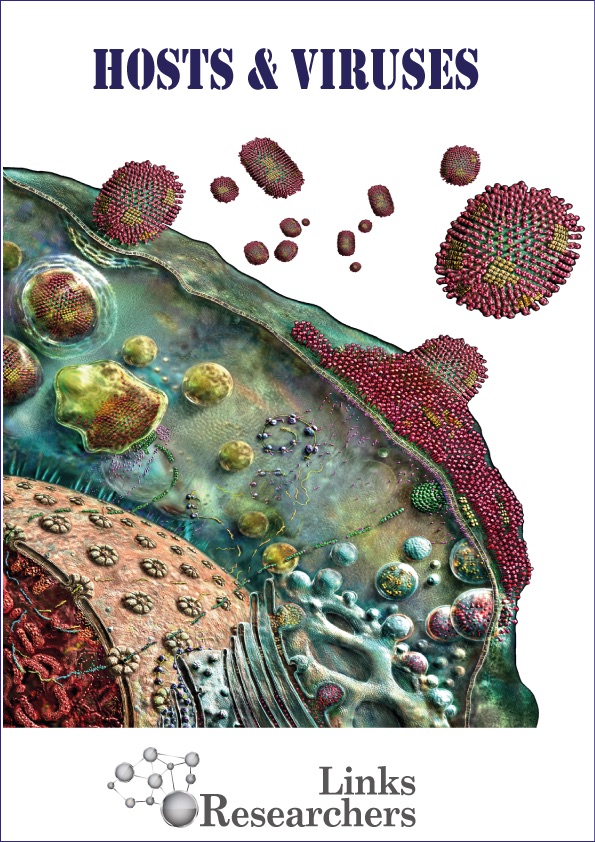Urbanization and Vector-Borne Disease Emergence - a Possibility for Japanese Encephalitis Virus?
British Journal of Virology
Urbanization and Vector-Borne Disease Emergence - a Possibility for Japanese Encephalitis Virus?
Johanna Lindahl 1, 2
ABSTRACT
Population growth, urbanization and urban agriculture are three factors commonly quoted as important for disease emergence. Several of the mechanism by which urban disease emergence is promoted also increase the risks of vector-borne diseases, and the mosquito-borne Dengue virus is one of the pathogens benefitting from this. The related virus Japanese encephalitis virus is the most important cause of mosquito-borne encephalitis in the world, and is maintained in avian reservoirs and amplified by pigs. The occasional spill-over of the virus into humans results in more than 60 000 clinical cases of Japanese encephalitis annually, with high case fatality rates. The main vectors preferably feed on livestock and breed in rice fields, and the majority of cases subsequently occur in rural areas. This review lists the risks of emergence of diseases due to the on-going urbanization, with especial focus on vector-borne diseases, particularly Japanese encephalitis. It is concluded, that although the mechanisms required for an extensive human to human transmission is not present for Japanese encephalitis virus, there is evidence of urban virus transmission. Thus, considering increasing urbanization rates and intense contact between humans and pigs within the growing urban agriculture, there remains a risk for future emergence of Japanese encephalitis within cities as well as in rural areas.
To share on other social networks, click on any share button. What are these?






